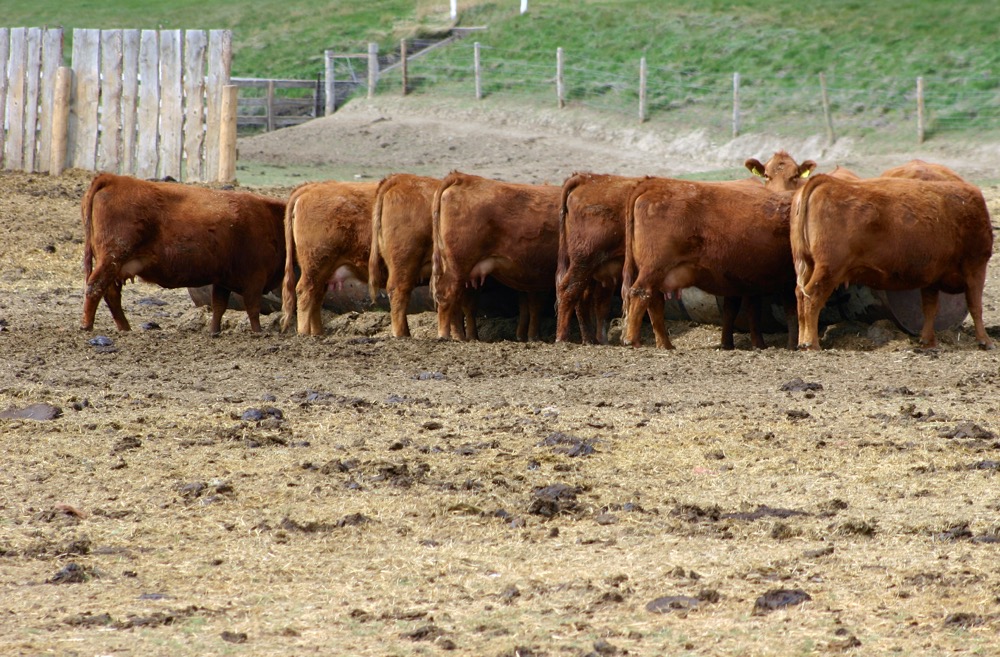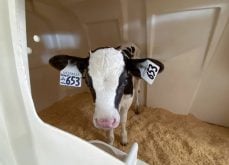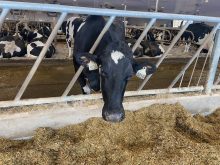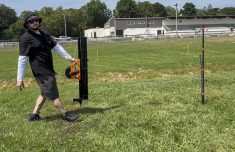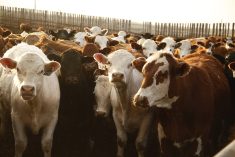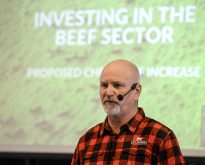JBS SA, the world’s largest meatpacker, has announced a partnership with health and nutrition company Royal DSM with the goal of reducing methane emissions on its global supply chains.
JBS said that it will use a feed additive called Bovaer developed by Netherlands-based DSM to reduce methane emissions on its supply chains as part of a broader initiative to be a carbon neutral company by 2040.
Bovaer, which consists of a molecule synthesized from two natural compounds, can help cut beef cow methane emissions by up to 90 per cent, JBS said citing a recent study conducted in Australia.
Read Also
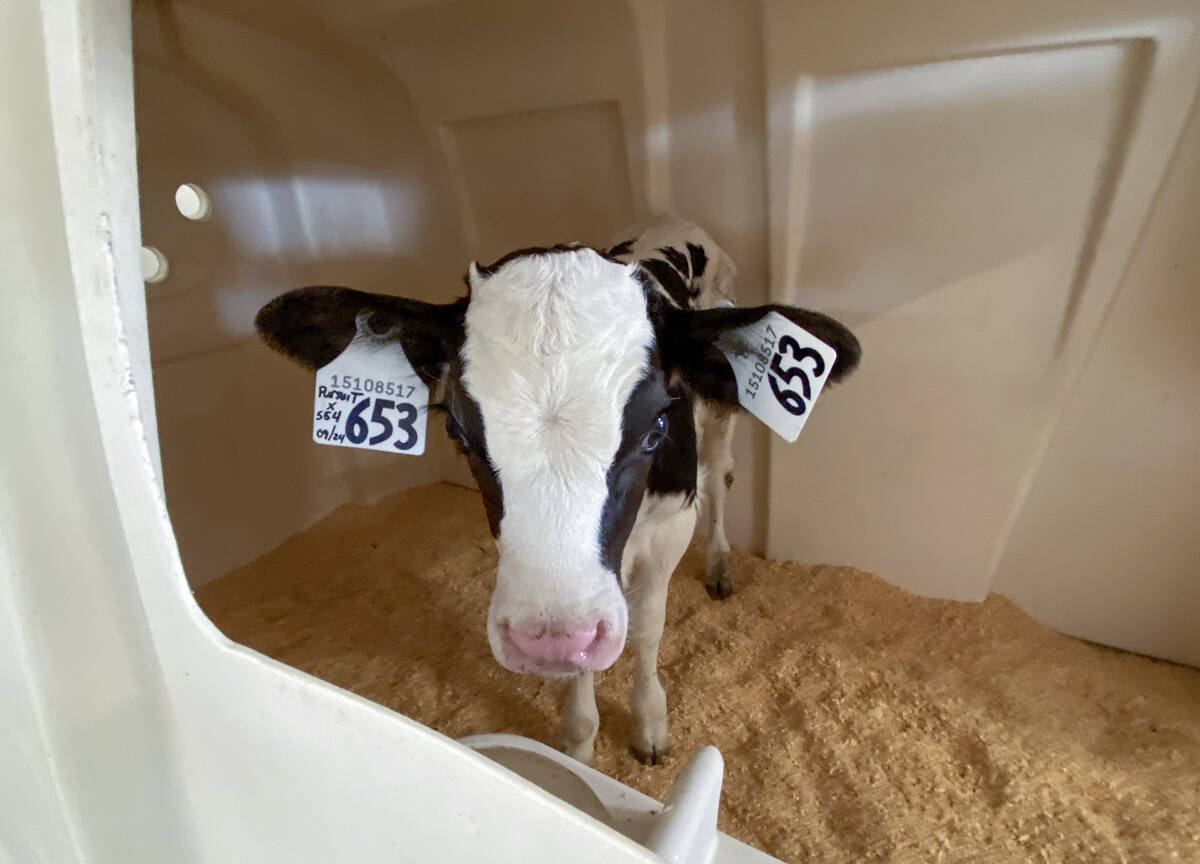
Lactanet turns methane expertise into business opportunity
Lactanet’s new fee-for-service breeding tool initiative to reduce greenhouse gas emissions in Canadian and Swiss Holstein herds will launch in April 2026.
Brazil, where JBS is headquartered, is home to one the world’s largest cattle herds. Here, most of the cattle grazes freely and it is unclear at what point in the production cycle Bovaer would be used as a nutritional supplement. Bovaer received regulatory approval in Brazil in September.
Initially, JBS said it would give the additive to confined cattle. In six months, it plans to test it in a second market, which could be Australia or the United States where it has big operations, the statement said.
A quarter of a teaspoon of the Bovaer additive per day per animal would inhibit the enzyme that activates the production of methane gas in the cow’s stomach, JBS said.
According to DSM, the effect is immediate. But if use is discontinued, the cow methane emissions resume at once, the statement said.



